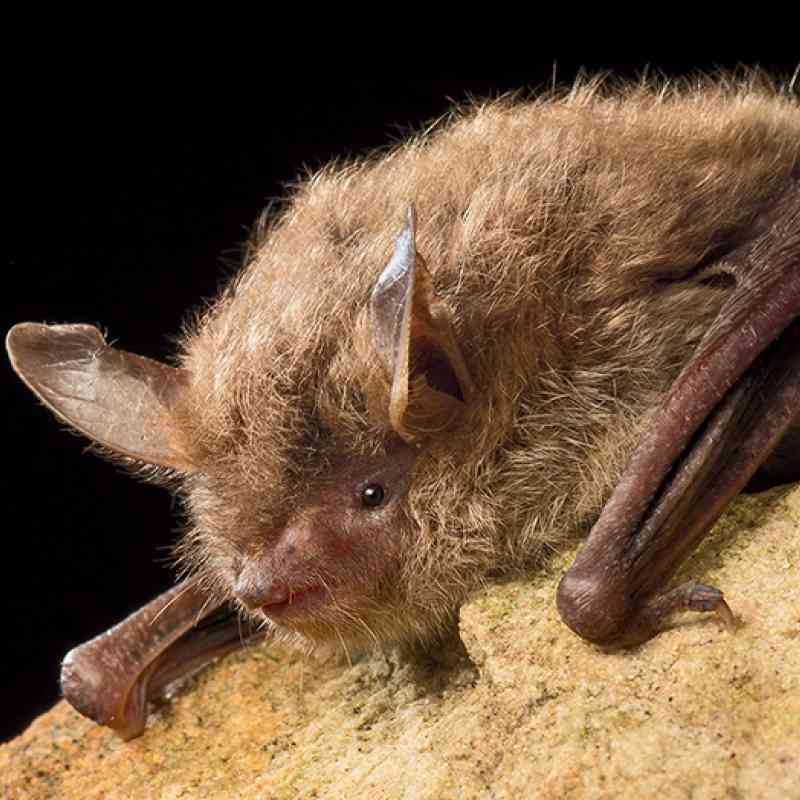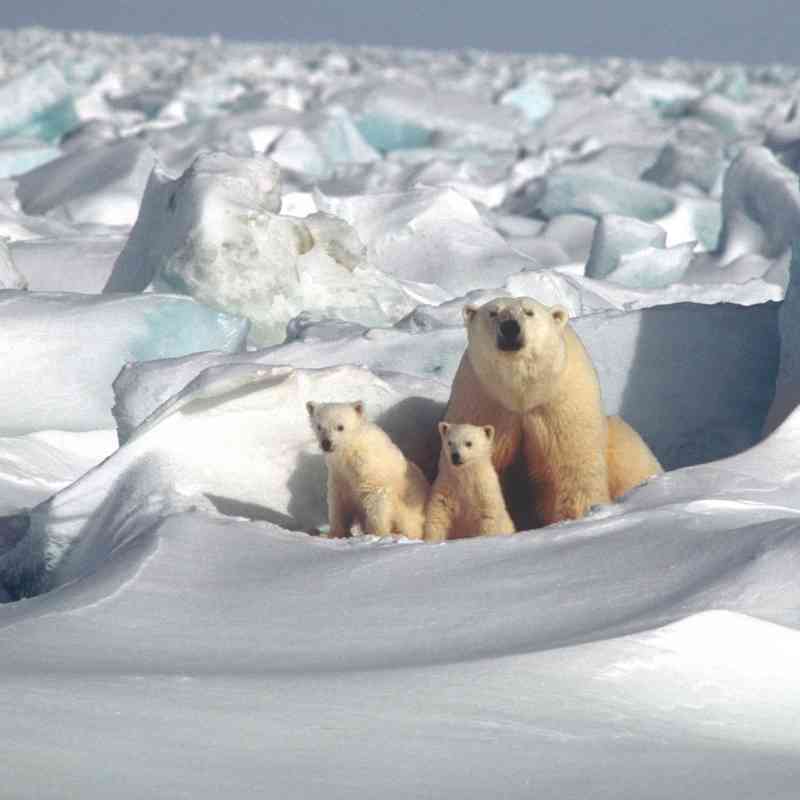Massive funding cuts, sweeping policy changes endanger wildlife nationwide
WASHINGTON (July 12, 2012) – The U.S. House of Representatives Agriculture Committee approved a version of the 2012 Farm Bill late last night that includes $6 billion in funding cuts and damaging policy changes to key wildlife conservation programs on America’s working landscapes.
The following is a statement from Jamie Rappaport Clark, president of Defenders of Wildlife:
“Each year we lose more than a million acres of vital wildlife habitat to cropland. Now, in addition to slashing funding for wildlife conservation, Congress is asking the American taxpayer to subsidize even more habitat destruction with no strings attached. Expanding crops into environmentally sensitive lands does almost nothing for our food system but has disastrous consequences for our nation’s wildlife and water quality. We also shouldn’t be poisoning our waterways for the benefit of pesticide manufacturers and Big Ag, or giving the logging industry unfettered access to our national forests.
“There are ways to ensure we have sustainable agriculture and forestry without sacrificing our most cherished natural assets, but this is definitely not it.”
Background:
The 2012 Farm Bill eliminates direct payments to farmers, which also eliminates the long-standing provisions known as “conservation compliance” that require farmers receiving subsidies to take modest measures to protect soil, water quality, wetlands and grasslands. Proposed legislation would replace direct payments with expanded crop insurance without any compliance requirements (to protect native plants and animals that rely on farm land for their survival. Thus, farmers would receive additional subsidies for plowing under critical buffers such as wetlands, river banks and sensitive riparian areas that provide refuge for native wildlife and prevent pollutants from entering our waterways.
Two specific changes to pesticide regulations within the Farm Bill would make it much easier to seriously harm or kill wildlife. One provision (Section 10016) would allow weaker, existing pesticide regulations under the Federal Insecticide, Fungicide and Rodenticide Act to trump Endangered Species Act protections, overriding the recommendations of the federal government’s own scientific experts. Another provision (Section 10017) would waive the Clean Water Act, allowing pesticides to be dumped directly into our waterways and wreaking havoc on aquatic life up and down the food chain.
Several more changes to forest policy (Sections 8301 – 8304) would shamelessly exploit the danger of wildfires and harmful pests as an excuse to allow extensive logging in designated “critical areas” that could cover more than 15% of our national forests with almost no environmental review or public involvement.
###
Contact:
John Motsinger, 202-772-0288, jmotsinger@defenders.org
Defenders of Wildlife is dedicated to the protection of all native animals and plants in their natural communities. With more than 1 million members and activists, Defenders of Wildlife is a leading advocate for innovative solutions to safeguard our wildlife heritage for generations to come. For more information, visit www.defenders.org.
Defenders of Wildlife is celebrating 75 years of protecting all native animals and plants in their natural communities. With a nationwide network of nearly 2.2 million members and activists, Defenders of Wildlife is a leading advocate for innovative solutions to safeguard our wildlife heritage for generations to come. For more information, visit defenders.org/newsroom and follow us on Twitter @Defenders.

